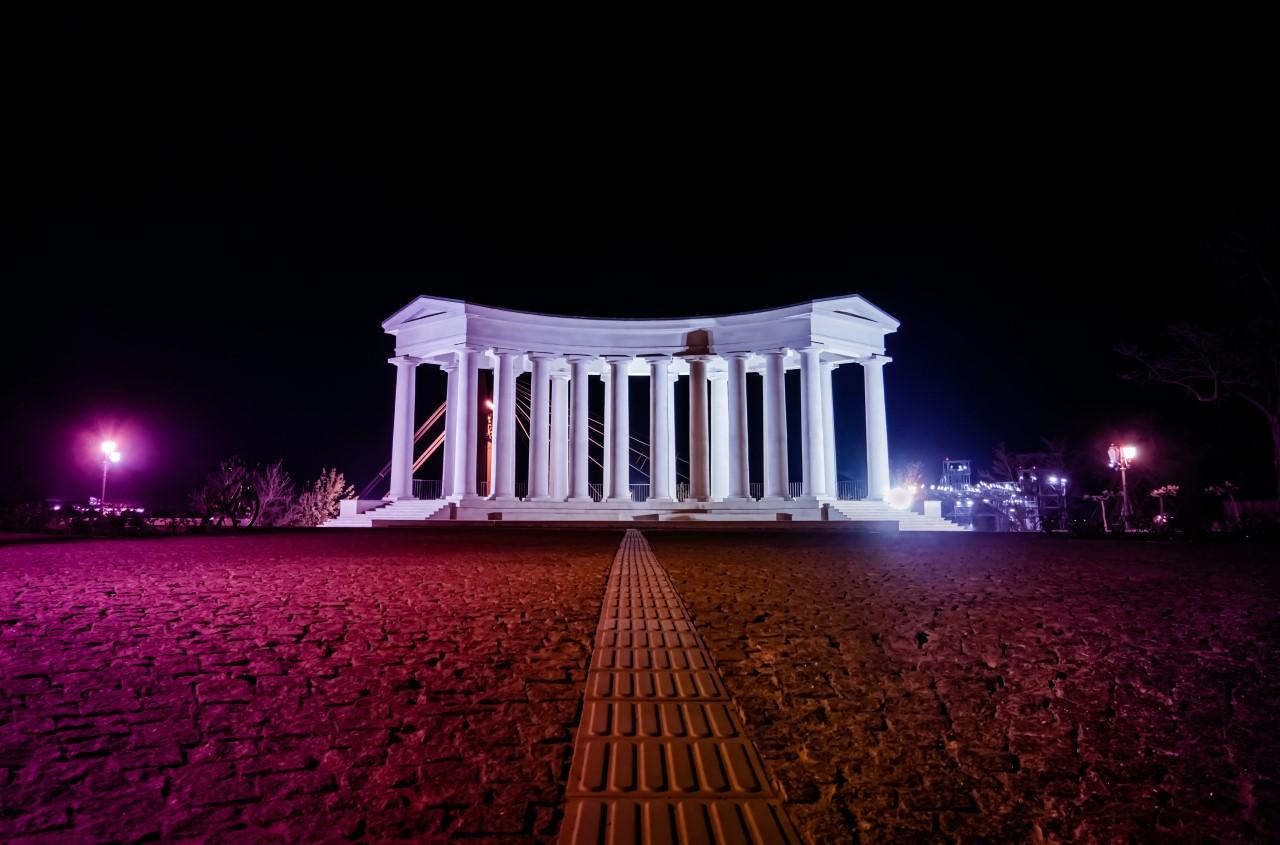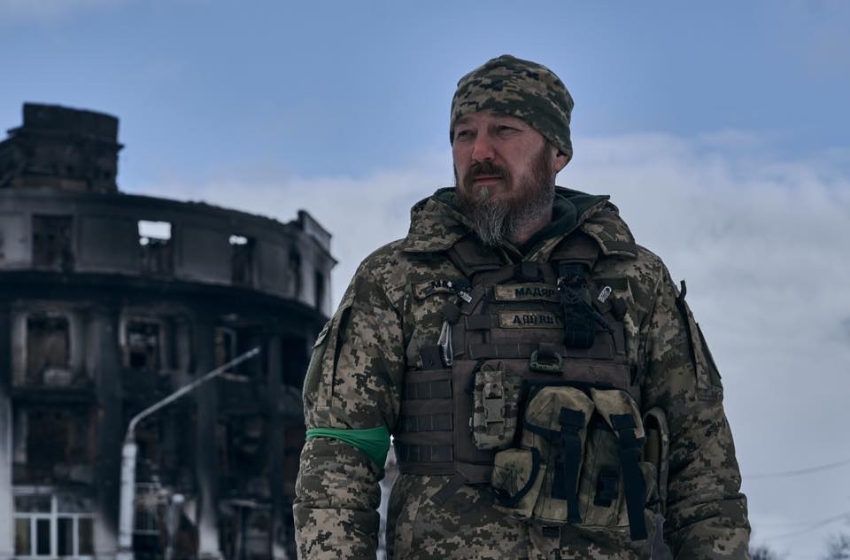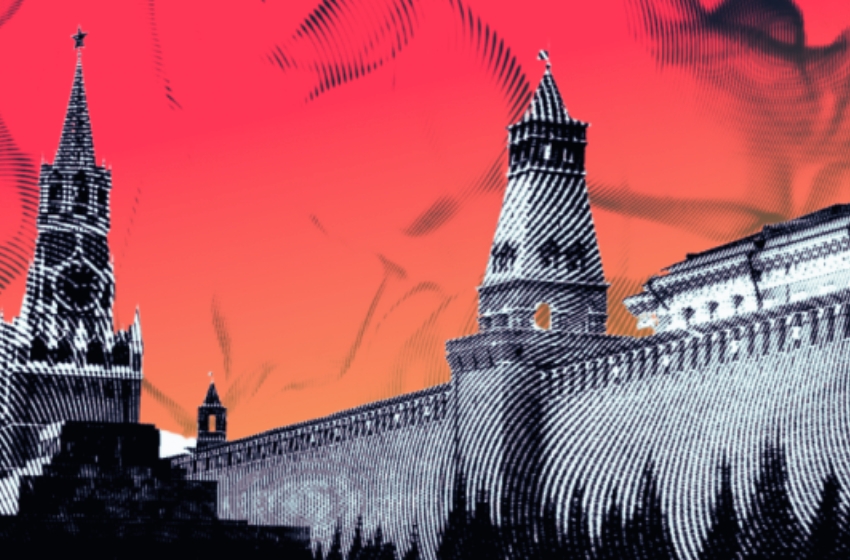
Amber Johansen writes for The Odessa Journal a charming column, a blog about the city and people. She is passionate about vintage fashion, vegan food and wine.
She has lived in Odessa since autumn 2019
Whenever I ask non-Ukrainians what they know about Ukraine, I hear the same obtuse ideas echo across continents. Most people immediately conjure up images of conflict, the Chernobyl disaster or even a famous boxer, football player or model. It seems many foreigners lack interest in Ukraine, but there are a few of us curious enough to learn about, visit or even live here. After visiting a handful of places across the country and living in Odessa for only a year, I have only scratched the surface and am by no means an expert in the complex historical, political and cultural tapestry of this land. Nevertheless, it has been an adequate period of immersion to realise what Ukraine is really about and just how many misconceptions foreigners have about this unsung corner of Europe. For me, Ukraine is both the phoenix and the ashes; it is still emerging from and experiencing tough times, but it is also a beacon of hope with palpable energy in the youth, friendly and forward-thinking people, stunning natural landscapes, lively cities and sandy beaches lapped by a sapphire sea.
Let's set the record straight about some prevalent myths.
Myth #1 Everyone Speaks Only Ukrainian

Ukraine is a multilingual society which can be a difficult concept for many Anglophones to grasp. The matter of language in Ukraine is a moot point, but the vast majority of Ukrainians speak Ukrainian, Russian or an unusual macaronic sociolect of both languages called Surzhyk. I naively thought before I first visited that being Ukrainian meant speaking Ukrainian, but I soon discovered that was not necessarily true. Here in Odessa, most people are Russophones, but are equally proficient in Ukrainian too. Contrary to popular opinion, Ukrainian is not a dialect of Russian and they are about as lexically similar to one another as French is to Portuguese. Although they are both part of the East Slavic group of languages, Ukrainian is actually closer to Polish in the West Slavic group than it is to Russian. Also, you would be mistaken to identify a Russian-speaking Ukrainian as a “Russianâ€, just as it would be to say an American or Canadian was “English†simply because they speak English.
Myth #2 It Is Radioactive

I get it – we've all heard about the Chernobyl disaster of 1986, whether we learned about it at school, from the dramatised HBO TV series, news broadcasts or other documentaries. The ruins of the Chernobyl reactor, now contained under a metal shell, are still highly radioactive and will likely remain so for up to 20,000 years. However, the majority of Ukraine has actually been unaffected by the radioactive fallout from the reactor explosion. While Ukrainians recall the disaster with grief, radioactivity in the country barely registers among their everyday concerns. I visited Chernobyl and Pripyat myself in April 2019 and it is perfectly safe to visit, as long as you follow the rules and stay in the designated safe zones. As of yet, I haven't grown any extra fingers and I don't glow in the dark. Despite witnessing the aftermath of tragedy, I found another side of the coin - the resilience and unimaginable beauty of Ukrainian nature.
Myth #3 It Is Dangerous

Since 2014, Ukraine has been thrust into the news regarding the Crimea annexation and the ongoing foreign aggression in Donbass, which has thus far claimed the lives of more than 13,000 people. Despite media portrayal, living here as a civilian does not involve dodging stray bullets and taking shelter in dugouts. Of course, the war still does unfortunately take place in the East, affecting Ukrainians in one way or another. You can find dozens of monuments and tributes across the country dedicated to fallen soldiers, as well as people who have been internally displaced. Other than this, you won’t be able to tell that the country is still in conflict. Here in Odessa I regard it to be safe, providing you act sensibly and remain aware of petty-crime, just like in any other European city. Statistically, major Ukrainian cities such as Kyiv, Odessa, Lviv and Kharkiv are actually safer places to live than London, Manchester or Birmingham. From my perspective, the majority of Ukrainians are kind, trustworthy and law-abiding citizens who want to leave peacefully.
Myth #4 It Is Called “The Ukraineâ€

I've noticed that the English-speaking world often refer to this country as The Ukraine, particularly the older generations. The use of the definite article relates to a time before independence in 1991, when Ukraine was a republic of the Soviet Union known as the Ukrainian Soviet Socialist Republic. Since then it should be known as Ukraine, in recognition of the country's sovereignty. Most historians and etymologists agree that the name Ukraine comes from the Slavic ukraina, meaning borderlands. So grammatically saying “the borderlands†makes sense, much like we say “The Netherlands†meaning “the lowlandsâ€, hence Ukraine's article crept into our language. After Ukraine gained independence from the Soviet Union, use of “The Ukraine†has declined steadily, partly because of the Ukrainian government expressing their preference for dropping it.
Myth #5 It Is Always Cold

Many people think of the former Soviet Union to be a harsh environment with lots of snow. Although there is snow in winter across much of Ukraine, the country is mostly temperate. In Odessa I have experienced a warm golden autumn, an ice-crusted winter, a sunny sweater-weather spring and a lush tropical summer - a well-suited climate for growing grapes. Good news for wine lovers! I was also relieved to discover that in the Black Sea region, precipitation is below 500mm per year, which is scarce compared to the UK. At roughly the same latitude, Kyiv and London have similar climates, though Kyiv has a more profound temperate range, with harsher winters and slightly hotter summers. In Crimea, there is more of a Mediterranean climate near the coast.
So there you have it. Discover Odessa and Ukraine with an open heart and wide eyes - the warmth of the Ukrainian soul will easily overthrow any misconceptions you have. Most of the myths about this country are relics of the past and are indeed quite different from modern reality.
To be continued...





















